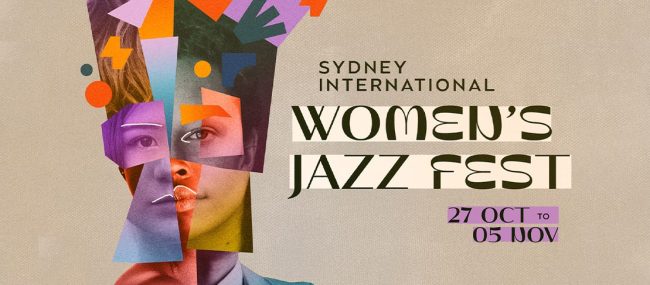More Two Wheeled Adventures Across The Alps
Once learned you never really forget how to ride a bike. What you forget is the enjoyment with friends, the freedom of independence and the healthy benefits from an active outdoor life. I was lucky enough to be given an old steel racer, a Shimano Samurai, from my brother 2 years ago. It was over 20 years old, a little run down, 10 times heavier than the average modern road racer but full of strength, reliability and the truth. For in the two years riding this behemoth there was nowhere to hide and it was this preparation that prepared me for the gruelling 4th day of Col De Croix De Fer.

Descending down Alpe De Huez our group and in particular myself were feeling excited and confident about the day ahead. Although this next climb was the longest, 28 kms in total, the gradients appeared more forgiving with an occasional downward reprieve. What we failed to consider however was the one factor out of our control, the weather.
What started off as a misty mountain morning quickly turned to a near sub zero storm and the further we climbed the worse it became. An eerie silence settled over every rider as we were left to battle our own demons in the push to the summit. This was a climb where I drew upon the spirit of those around me who had endured cancer. Thinking of their challenges and all they had been through certainly enabled me to disregard my own pain. The satisfaction upon reaching the top was monumental and the reward of a hot chocolate sweeter than champagne. Yet only half the battle was won.

For descents are undoubtedly colder especially as speeds of 70kms invite minus temperature winds to penetrate ever layer of clothing. The only thing more challenging then the journey back down was the distance of 100km still to be travelled back to home. This additional ride was unrelenting. Rain had truly set in by now across the countryside and we rode with gravel, oil, water and dirt continuously sprayed in our faces for the entire leg.
When we finally arrived home close to 8pm we had be riding for over 7 hours and covered 173kms. Amongst us were Iron Men, Group A Riders and Triathletes all of whom agreed that this day was one of the hardest ever ridden. An immense feeling of pride came over me as I knew ,even with one more day to go, I had broken the back of the tour and matched the professionalism of those around me. It was a feeling of invincibility that I hope to retain during tougher times ahead.
I cannot thank enough all the generous people who supported me throughout this journey. From my family and friends to the many volunteers at Eastside Radio. It was inspiring to see so many people give especially during uncertain times. The money raised is invaluable in furthering cancer research and recovery. I can only hope that all our efforts will mean that one day our children will not have to worry as the cure will be similar to that of a common cold.
The 2013 French Alps Smiddy Challenge was supported by Bondi Bikes 230 Oxford Street Bondi Junction with full bike service, tyres, brakes, helmet and glasses generously donated to Eastside Radio.
Tax deductible donations over $2 can still be made to the foundation by clicking on the following link: Thank You For Your Support
- Ominous signs ahead and a slick road to navigate
- Luckily another Tony had prepared me for the rapid change in climate while cycling in the Alps during Summer!
- Mont Du Chat on the last day checking out Mt Revard which we had climbed on the first day.
- A very talkative reflection aided by beers after all the riding was done and dusted!
- The beautiful chateau we called home for a week.
- Not a bad barn and bike work station!
- Glad to have this photo to remember the names of all the climbs
- A Nice place to unwind…
- Very impressive transport for the real riders.
- Somewhere amongst the group was Froome, eventual winner of this year’s tour.
- Baigneuse équilibriste by South Korean artist Youn (Cho-Youn Kyoung) made of resin and cheering on the Tour riders below!
* Smiling for Smiddy commemorates the life of keen cyclist Adam Smiddy who passed away in August 2006 aged 26 after a short battle against an aggressive cancer. Each year hundreds of cyclists and triathletes unite through Smiddy events to make their mark against cancer. More than $3 million has been raised for research since 2006. Our events inspire individuals to combine a passion for cycling and triathlon with a desire to fight cancer. Beneficiaries of Smiling for Smiddy fundraising include Mater Foundation, PA Research Foundation, Melanoma Patients Australia and Flinders Medical Centre Foundation. The French Alps Challenge has raised funds to support research into melanoma, breast, ovarian and prostate cancers. Our participation in this tour has meant a significant contribution to the work of researchers as they undertake potentially life-saving research into the causes, prevention and improved treatments of cancer.















